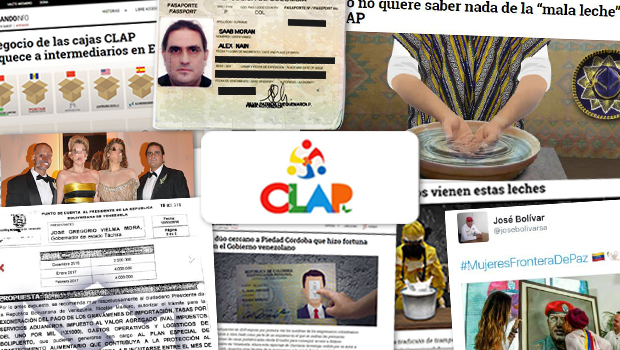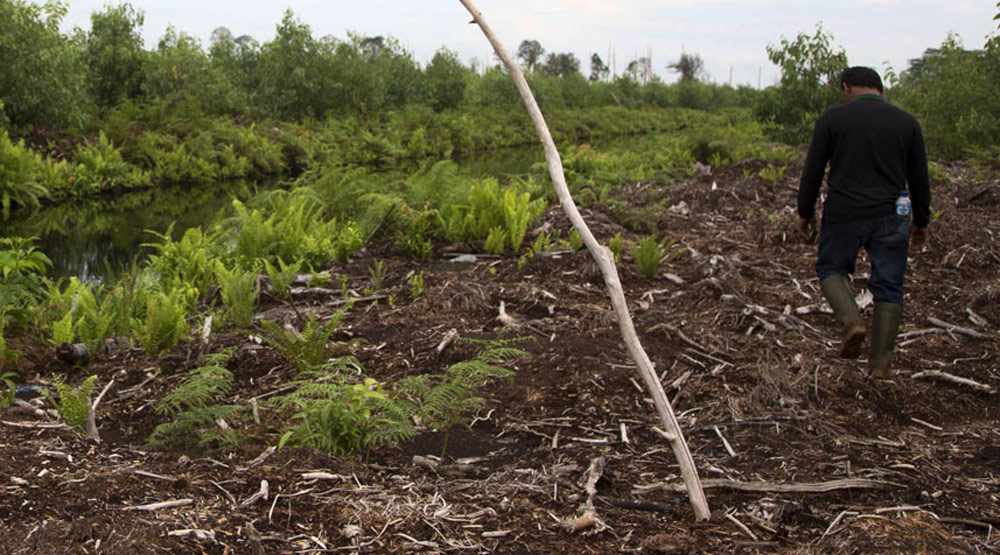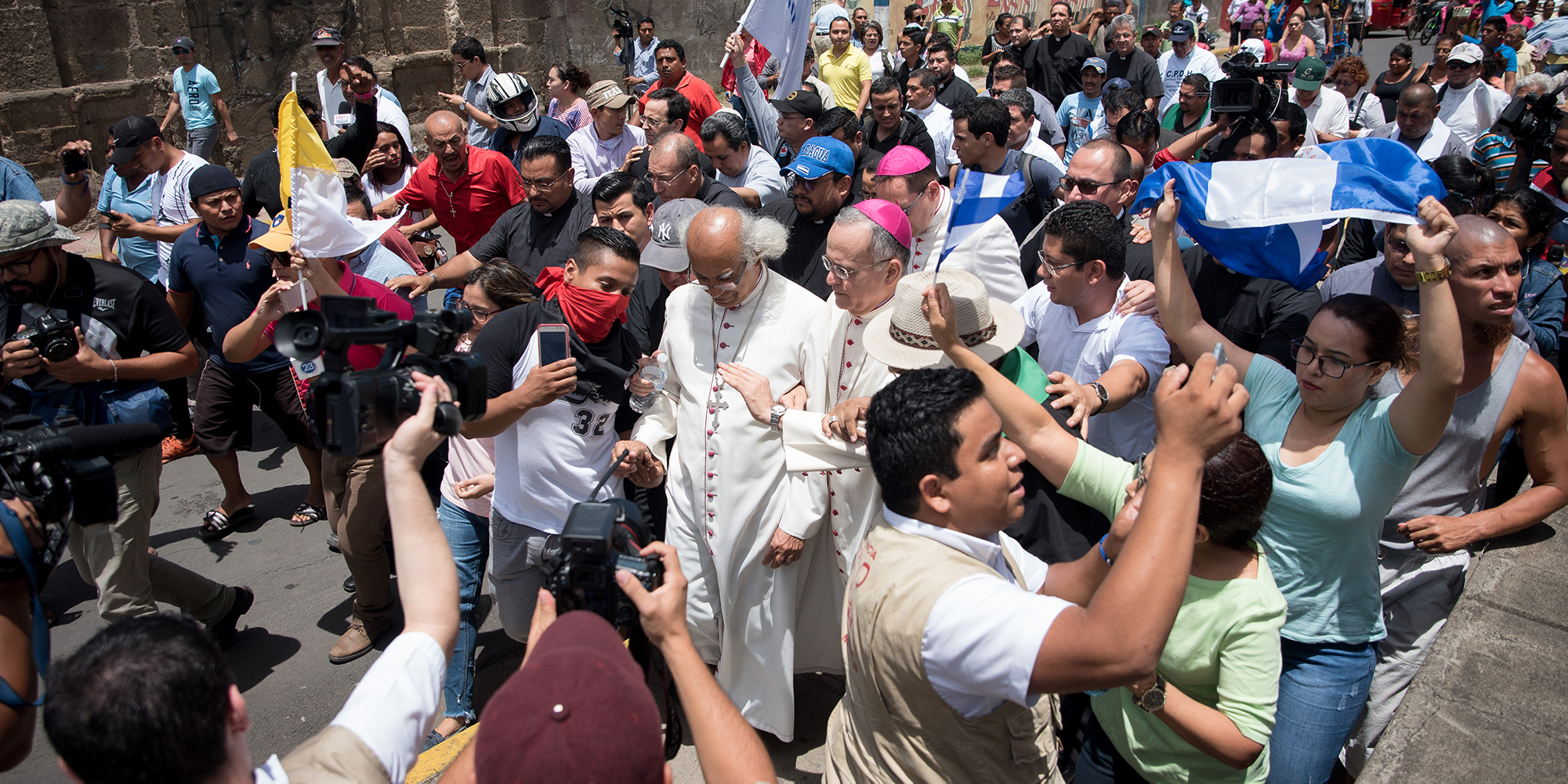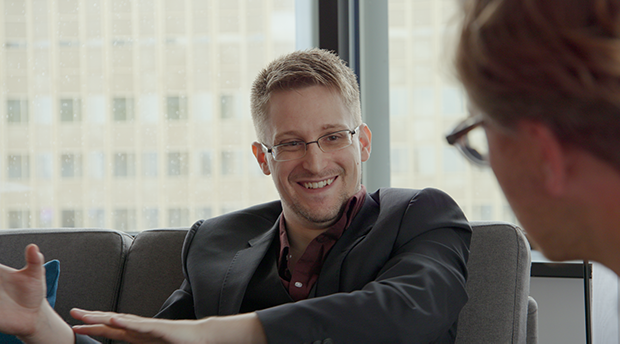Whistleblowers, like Deep Throat, Daniel Ellsberg, Karen Silkwood, Mordechai Vanunu, Linda Tripp, Jeffrey Wigand, Edward Snowden, Bradley — now Chelsea — Manning and John Doe, come from all walks of life, and stigma and myth tend to surround them.
The International Consortium of Investigative Journalists has lots of experience with information leaks. In the past five years alone, we’ve sifted through about 30 million leaked documents to produce groundbreaking investigations like the Panama Papers, Paradise Papers, Swiss Leaks and Lux Leaks.
The common denominator? Whistleblowers providing information, secretly, in an attempt to expose hidden wrongs.
Famously, whistleblowers have toppled President Richard Nixon, effectively ended the Vietnam War, exposed an Oval Office tryst, revealed nuclear secrets, uncovered environmental and health catastrophes and focused global attention on offshore tax havens.
ICIJ is often approached by concerned citizens who believe they’ve found an injustice that they’d like us to investigate, but few know the first thing about becoming a whistleblower or how to provide information to journalists.
So we thought a basic guide to leaking might prove useful, one laid out using an old journalistic tool: the five W’s and a H (loosely interpreted!)
Who?
You! Anyone can be a whistleblower. If you’ve seen something wrong and you want to do something about it, then sharing information (especially information that might otherwise remain secret, hidden or unknown) with a journalist could help uncover the injustice and force society to take action.
What?
Documents and data. We can sometimes turn a small tip into a big story through hard work and public documents, but there are many stories that can only be told with help from an insider, someone who has hard evidence of injustice or wrongdoing. That’s where brave whistleblowers can help with documents and data that otherwise might be kept hidden away. It doesn’t need to be a hard drive with millions of files or a database of facts and figures. Sometimes just a single, damning document can be enough.
Where?
Choose where you want to leak your information very carefully. Seek an outlet or journalist who is likely to be interested in the story. If it’s a local issue, try a local news outlet. If it’s a financial issue, look for a journalist with experience investigating financial wrongdoing. If it’s a global issue, look for an organization renowned for global investigations, like ICIJ (we couldn’t go through this whole post without plugging our work at least once!).
Whistleblowers often take great risks to provide data to journalists. Look for an outlet that will treat the leak (and the leaker) with respect. ICIJ takes source protection seriously and can work with you to keep your identity secret when necessary.
When?
Now (so long as you’re ready). It’s important to be prepared. Have documents and data ready, if possible, and have a plan around what might happen next, once the information has been leaked.
Some stories might happen quickly — within hours of passing the information to a journalist. Others might take months or even years of further research to complete an investigation. If in doubt, ask a reporter about the timeline.
Why?
Expose injustice. There can be any number of individual reasons that might motivate a whistleblower, but ultimately it’s the wrongdoing or unfairness or injustice of a situation that will provide both the impetus to leak and the reason for a journalist to investigate.
How?
Safely and efficiently. There are lots of options for contacting journalists, from making a phone call to anonymously providing encrypted information over obscure networks. Assess the risk first (how sensitive is this information, what are the consequences of leaking it), then choose a method that’s both appropriate and comfortable.
Email and phone calls are easy, but also can be easily traceable. Consider using a different phone to normal, or creating a new email address on a different computer if you’re worried about your communication being tracked.
Encryption for digital files and communication is wonderful, but only if it’s done correctly. Instead, consider using apps like Signal and Peerio which include built-in encryption. Or perhaps posting the hard copy material in the mail might be easier.
There are a number of ways you can get in touch with ICIJ, including via email, Signal, Peerio and, for anonymous and secure communication, SecureDrop.
If you’d like to know more, don’t hesitate to get in touch.
To speak with one of our reporters, you can use one of the contact methods here or send us an email:
- Amy Wilson-Chapman (English)
Email: awilsonchapman@icij.org
PGP Key: 9193 3A0E 204B 0846 CC1D 137A C137 0C34 A3F7 DC15 - Ben Hallman (English)
Email: bhallman@icij.org
PGP Key: 4746 BE93 CC1B 96D4 DD12 A532 5394 92CE 60E8 A8CF - Dean Starkman (English)
Email: dstarkman@icij.org
PGP Key: EAE9 1AEF 77AD 8DC9 17F6 5F79 2E1F 722F B03B D389 - Emilia Diaz-Struck (Spanish, English, German)
Email: ediazstruck@icij.org
PGP Key: 7ADD 443C 270C 2191 1DEE DAD1 2326 0A4A 1761 A34A - Fergus Shiel (English)
Email: fshiel@icij.org
PGP Key: F48C 6E47 3C98 7CF6 624C A67C AFF6 8B42 EBE3 3182 - Gerard Ryle (English)
Email: gryle@icij.org
PGP Key: 69B6 A4E8 7028 B941 1528 2D32 019E E3D9 52B1 C89D - Hamish Boland-Rudder (English)
Email: hbolandrudder@icij.org
PGP Key: AB67 2371 3458 DABB 724F 13BD B0E4 A2DD CCB1 2576 - Pierre Romera (French, English)
Email: promera@icij.org
PGP Key: 5713 C735 4E9B A71C DA93 9524 FBC0 594D 4C47 18E1 - Sasha Chavkin (English, Spanish)
Email: schavkin@icij.org
PGP Key: 854B D347 735B 7B86 E4B5 4252 4B5F E7A4 6C54 B37C - Scilla Alecci (Italian, English, Japanese)
Email: salecci@icij.org
PGP Key: 03E0 BD23 1719 C94A 25C3 DB3F B7EE A64F 28C4 1199 - Simon Bowers (English)
Email: sbowers@icij.org
PGP Key: AF70 0117 4769 B572 2BE7 D227 D7B2 2924 E2B6 9815 - Spencer Woodman (English)
Email: swoodman@icij.org
PGP Key: 860C 8684 79DB B1BC B784 4CAF 1A0D 6729 D2D8 18EF - Will Fitzgibbon (English, French)
Email: wfitzgibbon@icij.org
PGP Key: 0D33 C0FA F380 EBAA 9DEA 64A8 1D37 F9FD B4ED 9F02



